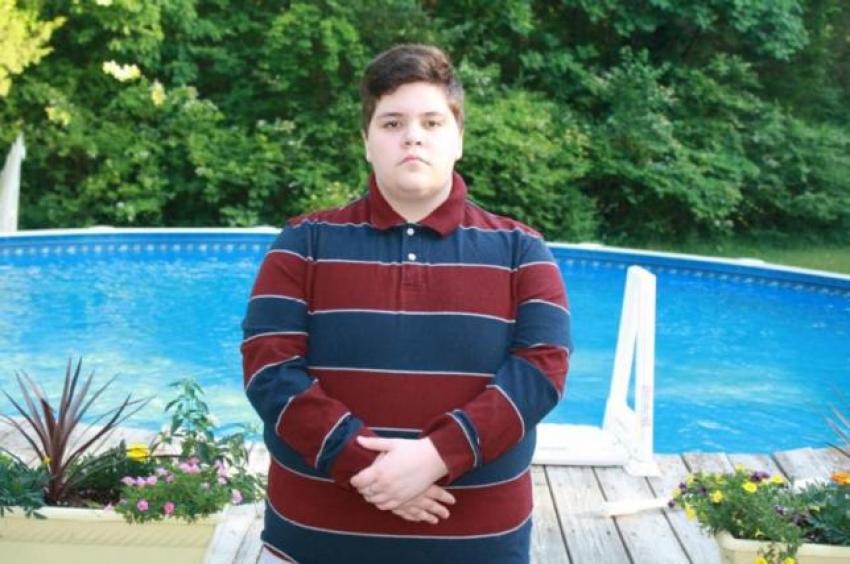Va. school district pays $1.3M to settle trans student Gavin Grimm's bathroom lawsuit

A Virginia school district has agreed to pay over $1 million to a trans-identified former student, ending a yearslong legal battle over whether the student could use bathrooms designated for the opposite biological sex.
On Thursday, Gavin Grimm, a biological female who identifies as male, settled with Gloucester County Public Schools. The school district agreed to pay over $1.3 million in attorney fees and other costs.
The settlement comes after the U.S. Supreme Court refused to hear an appeal in the case, allowing a decision by the U.S. 4th Circuit Court of Appeals in favor of Grimm to stand.
Meredith Mason of the American Civil Liberties Union of Virginia, which helped represent Grimm, told The Christian Post via email that the case will have a broad impact.
“The standing court opinion on this case is from the Fourth Circuit, which ruled that the school board’s policy of forcing Gavin to use separate facilities violated Title IX and the U.S. Constitution. So even though Gavin has graduated, the school board is required by the court to change their policy,” explained Mason.
“This court ruling applies to the entire Fourth Circuit, which includes Virginia, North and South Carolina, West Virginia, and Maryland. Additionally, all school boards in the state are required to implement policies in line with the Virginia Department of Education’s new model policies for transgender students.”
A representative of the Gloucester County School Board told CP in an email that its insurance provider "has addressed the Plaintiff’s request for attorney fees and costs resulting from the Grimm v. Gloucester County School Board litigation."
"The School Board has no further comment on this matter," read the email.
In 2015, Grimm filed a lawsuit against GCPS, alleging discrimination after being barred from using the boy’s restrooms.
As a failed compromise, Grimm’s high school had installed three single-use, gender-neutral restrooms that any student could use instead of gender-specific bathrooms.
U.S. District Court Judge Robert G. Doumar, a Reagan appointee, ruled against Grimm in September 2015. But his decision was overturned in April 2016 by a three-judge panel of the 4th Circuit.
However, the Supreme Court sent the case back to lower courts in 2017.
In August of last year, a three-judge 4th Circuit panel again ruled 2-1 in favor of Grimm. The majority contends there is “a growing consensus of courts” that “equal protection and Title IX can protect transgender students from school bathroom policies that prohibit them from affirming their gender.”
Judge Paul Niemeyer, a Reagan appointee, authored a dissent to the panel decision. He argued that the Virginia high school had "reasonably provided separate restrooms for its male and female students and accommodated trans-identified students by also providing unisex restrooms that any student could use.”
In deciding not to hear the Grimm case this year, the Supreme Court court noted in its brief order that Justices Clarence Thomas and Samuel Alito would have granted the petition to hear the case.
Earlier this week, the 11th U.S. Circuit Court of Appeals vacated an earlier ruling in favor of a trans-identified student in Florida who sought to use school bathrooms based on gender identity. The case will be reheard before the entire 12-member 11th Circuit.
Ed Whelan, a distinguished senior fellow with the socially conservative Ethics and Public Policy Center think tank and a former law clerk for the late Justice Antonin Scalia, said the decision to hear the Florida case en banc "might ultimately tee the issue up for Supreme Court review."
He believes it could "enable the Court to minimize the damage from its serious error in failing to grant certiorari in the Fourth Circuit case of Gloucester County School Board v. Grimm.”



























